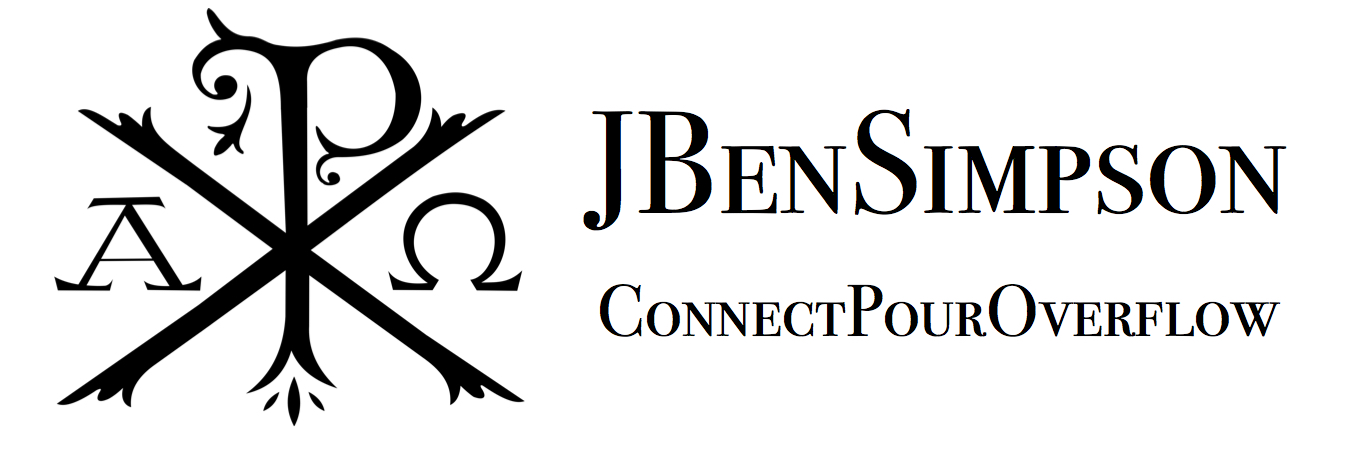What is the Bible’s authority on theological controversies?
Theological controversies, unfortunately, have been and will be a mainstay in this fallen world until the end of the age. The unregenerate man will always suppress the truth in unrighteousness, becoming futile and foolish in his speculations (Romans 1:18,21). As for the regenerate man, Paul says that in this current age our reason and understanding are still like seeing in a mirror dimly, leaving us only partial knowledge (1 Corinthians 13:12). Given these Scriptures, it’s no wonder that theological controversy is common.
In thinking about theological controversies, it is helpful to break them down into two categories: controversies outside the Bible and controversies within the Bible. Controversies outside the Bible are those debates arising out of life to which we turn to the Bible for answers. Some examples are: should persons be medically assisted with suicide?; should abortion be legal?; should we as a nation go to war?; should government have a certain authority?
Every one of these examples has a theological component to them. In other words, the Bible speaks to these issues, making them controversial theologically.
Controversies within the Bible are those debates about the Bible itself. These controversies have to do primarily with interpreting the Scripture. Examples would be: is Dispensationalism a biblical doctrine?; does the Bible teach conditional or unconditional election?; what does 1 Peter 3:21 mean? Given that people interpret the Scriptures in different ways, variations of opinion form, and controversies arise over the Bible.
So, we now turn to the question. What is the Bible’s authority on theological controversies? Plain and simple, the Bible itself is the only means by which all theological controversies are settled. It is not church creeds, councils, or declarations. It is certainly not human reason or pragmatics. Everything must bow to Scripture. Again, given that the Bible is God’s inspired, infallible, authoritative Word, we turn to nothing else. What higher counsel could we turn to? There is none because the Bible is the highest authority.
With that said however, it is important to note that a sound hermeneutic (or method of interpretation) must be utilized. First, I would argue that the grammatical-historical method is the orthodox approach. By this term, I declare that the meaning of the text is tied to the author’s words and intent, which were given at a particular time and occasion in history. In doing so, we will be careful to let our interpretation be formed out of the text (formally known as exegesis) instead of reading our interpretation into the text (formally known as eisegesis). Second, I would argue that Scripture must be used to interpret Scripture (formally known as analogy of faith). Sure, we must be careful to rightly interpret these other relevant texts, but since the Bible never contradicts itself due to its inerrent/infallible nature, we should rely on the rest of Scripture to help us interpret any given text.
The Bible rightly interpreted will settle all theological controversies and is the only proper place to turn. The question is: are people in theological controversy willing to come under the authority of Scripture? I pray so. Then and only then will we present ourselves approved to God as workmen who do not need to be ashamed, rightly dividing the word of truth (2 Timothy 2:15).

0 Comments